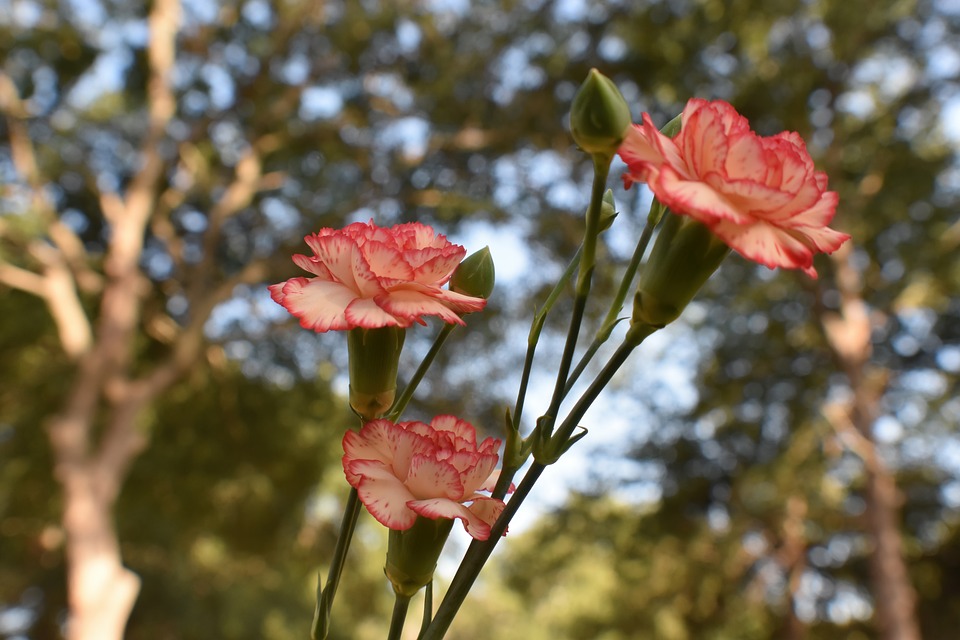Introduction
Living in an urban environment often means having limited space for outdoor gardens. However, this doesn’t mean you can’t enjoy the beauty and tranquility of plants. With the right selection of outdoor garden plants, you can transform even the smallest of spaces into a lush and vibrant oasis. In this article, we will explore some plant options that are perfect for urban gardens.
1. Succulents
Succulents are ideal for small spaces as they come in various shapes and sizes, making them versatile for any garden. These water-storing plants require minimal care and can thrive in both indoor and outdoor environments. Whether you have a sunny balcony or a tiny backyard, there is a succulent that will suit your space. Some popular choices include aloe vera, jade plant, and echeveria.
2. Vertical Gardens
Vertical gardens are a great way to maximize space in urban gardens. By utilizing walls, fences, or trellises, you can create a stunning display of plants that doesn’t take up precious ground area. Consider growing climbing plants such as jasmine, ivy, or passionflower. Additionally, you can use hanging planters and baskets to add more layers and texture to your garden.
3. Dwarf Trees and Shrubs
If you desire a garden with some height, dwarf trees and shrubs are the perfect solution. These compact versions of their larger counterparts provide all the beauty and benefits of trees and shrubs while fitting into smaller spaces. Look for dwarf varieties of trees like Japanese maple or shrubs like hydrangea. These plants will add both visual appeal and a touch of nature to your urban garden.
4. Container Gardening
Container gardening is a popular choice for urban gardeners due to its flexibility and portability. By using pots, planters, or even repurposed containers, you can create a beautiful garden on balconies, rooftops, or even windowsills. Experiment with a variety of plants, such as herbs, flowers, or vegetables, which do well in containers. Just make sure to choose the right size container and provide adequate drainage for your plants to thrive.
5. Edible Gardens
One of the great advantages of having an urban garden is the opportunity to grow your own food. Even in small spaces, you can cultivate a variety of edible plants. Consider growing herbs like basil, mint, or rosemary, which can easily be kept in pots. Cherry tomatoes, lettuce, and peppers are also suitable for container gardening. With proper planning and care, you can enjoy fresh and organic produce from your urban garden.
FAQs
Q1: How do I choose the right plants for my urban garden?
A1: When selecting plants, consider the available space, lighting conditions, and your gardening goals. Some plants thrive in direct sunlight, while others prefer shade. It’s also important to match the plant’s size with the available space, opting for compact or dwarf varieties when necessary.
Q2: How often should I water my outdoor garden plants?
A2: The watering frequency depends on various factors such as the plant’s water requirements, soil type, and weather conditions. Generally, it’s best to monitor the moisture level of the soil and water when it feels dry about an inch deep. Avoid overwatering, as it can lead to root rot.
Q3: Can I have a garden indoors in an urban setting?
A3: Yes, indoor gardens are a popular choice for urban dwellers. You can grow a wide range of plants indoors, using pots, planters, or hanging containers. Pay attention to the lighting conditions, as plants typically require a good amount of sunlight or supplemental grow lights for photosynthesis.




